Old love Zhao Luxiu "played big", spent nearly half a billion fans, still far behind this person!

3 | 1 Discuss | Share
Giving lucky money is a Lunar New Year custom in Asian countries such as Vietnam, China, etc. However, many people still wonder why they have to give money to others. In addition, grandparents also revealed some taboos to avoid when giving lucky money.
1. Where did lucky money come from?
Every time Tet comes, people's hearts are filled with excitement as they bid farewell to the old year and welcome the new year. Vietnam has many beautiful cultural features of Tet and the custom of giving lucky money is also a beautiful feature. According to tradition, on the first morning of Tet, the whole family will gather together to burn incense for their ancestors and celebrate Tet together. Children give their best wishes to adults. Grandparents and parents send children in the house red lucky money envelopes to receive good luck at the beginning of the year. This is considered an indispensable custom on the traditional Vietnamese Tet holiday.
The custom of giving lucky money on New Year's Day has existed for a long time in China and there are many stories explaining the origin of this lucky money envelope. The good news spread far and wide, every New Year's Eve, every family would wrap money in red paper and give it to their children and grandchildren to pray for peace. From there, the custom of giving lucky money on New Year's Day was born.
Nowadays, the custom of giving lucky money on Tet holiday is very popular in Asian countries such as China, Vietnam, Japan,... The meaning of lucky money on Tet holiday is to wish luck, health and fortune for everyone. Accordingly, both the recipient and the giver of the red envelope receive good things in the new year.
The meaning of a lucky money envelope is not in the amount of money, but rather in the goodwill and good meaning of the action. Lucky money is usually small amounts of money, including both odd and even money. The envelope also symbolizes discretion, not wanting the recipient to compare or be jealous. Therefore, the recipient does not open the envelope in front of the giver.
According to custom, on New Year's Eve or the first day of the New Year, Vietnamese families gather together to burn incense to their ancestors, have fun eating and drinking to celebrate the new year. This is also the occasion for children in the family to wish their grandparents and parents a happy new year and receive lucky money. The red lucky money envelopes contain a small amount of money symbolizing wishes for good luck, health, and success in work and study that adults want to send to children.
2. The controversial custom of giving lucky money
Putting money in sealed envelopes means not comparing or arguing about money in the new year. In addition, red envelopes are often the color considered to bring the most luck in festivals according to Asian beliefs. Therefore, putting lucky money in red envelopes symbolizes fortune for both the giver and the receiver.
Nowadays, the custom of giving lucky money is not only for children but also for grandparents, parents or people we love. It is a wish for children to eat well and grow up quickly, for the elderly to have good health to be with their children and grandchildren for a long time or for young people to have more luck to realize their ambitions.
Over time, the meaning of lucky money envelopes has gradually lost its inherent beauty. That is when now the negative impact of the market economy on every corner of social life, the story of lucky money is brought up for debate and discussion. There is a view that the custom of giving lucky money at the beginning of the new year should be abolished, saying: "If a Tet does not require lucky money, many citizens will feel lighter", "because of lucky money, many people do not dare to visit friends, because of no lucky money, many workers feel heavy-hearted when getting on the Tet bus to go home. Lucky money is truly a debt! What must be done to get out of it".
Director Le Hoang's view that "Lucky money is a debt" immediately became a shocking statement in the online community and appeared on many social networking forums, causing netizens to discuss in recent days, as Tet Nguyen Dan is getting closer and closer. Many people often ask the question "how much lucky money is enough?". That puts more emphasis on material issues than on spiritual issues. "Giving lucky money at the beginning of the year is to ask for luck, but many people take this very seriously, making the person giving lucky money also stressed, putting the polymer paper in the envelope and having to think carefully about how much is right, too little is not good and finances are limited". Therefore, "many people are afraid of Tet because of that, not every year business goes smoothly. That is not giving luck anymore, but a real debt".
Sharing the same opinion, some netizens said: "When I was single, I didn't care much, but after getting married, I was a bit pressured by money during Tet. I don't mind giving lucky money, but I'm afraid it's not good enough if it's too little. Some people only give lucky money and "lose" their entire month's salary." Lucky money only becomes ugly, making "people's hearts heavy" when people attach to it opportunities, measures, and assessments of more/less, rich/poor, forgetting and losing its true nature.
Children will not tear open the red envelope to see the contents right in front of guests and then disappointedly say "only 20 thousand" or summarize "how much did you get in red envelopes this year?" There will be no comparison or criticism if we adults stop joking about Tet when children are the "pillars", "main source of income", or "fishing rods" of their parents.
3. Taboos when giving lucky money on Tet holiday
Do not use red and yellow envelopes
The ancients believed that lucky money envelopes must be red to match the legend of lucky money envelopes. In addition, red lucky money envelopes are also a symbol of luck and fortune coming to the house. However, this concept is gradually disappearing from the folk because lucky money envelopes have become more diverse and beautiful to suit the tastes of modern people.
Avoid number 4
Lucky money for Tet should avoid the number 4 such as 40 thousand, 400 thousand. Because according to folklore, the number 4 is read as "tu" which is similar to "tu" so people are very afraid of this number. The appropriate number for lucky money is number 8 which means prosperity and wealth. In addition, there are many other meaningful numbers, see more at 50 thousand, old, this is the number you need to give lucky money.
Do not give old money as lucky money
When giving lucky money, you need to use new money because in the new year, everyone wants the old things to go away and welcome the new things. Besides, old money placed in lucky money envelopes brings bad energy. That is why at the end of the year, people often exchange new money.
No small change
Putting an even amount of money in a red envelope means a full and complete year. Similarly, when you go to a wedding or party, you also use even money. Sometimes people also prepare an amount of money corresponding to prosperity such as 168 thousand, 188 thousand.
Do not receive lucky money with one hand
When receiving lucky money, whether from older or younger people, you must receive it with both hands to show respect to the giver.
No more lucky money
Especially children often ask for more lucky money from grandparents and parents, this is disrespectful and also loses the traditional meaning of lucky money on New Year's Day.
Do not open red envelopes in front of the giver.
Opening a red envelope is a very private matter and opening a red envelope in front of the giver is considered impolite, valuing the money more than the giver's heart.
Parents sued by their biological children for money, seeing the amount of money that everyone was stunned 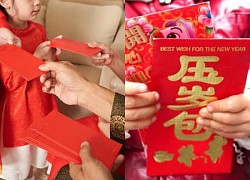 JLO18:10:35 14/02/2024In 2023, a court in China ordered a father surnamed Zhou to return 16,800 yuan (nearly 60 million) worth of money to his twin children.
JLO18:10:35 14/02/2024In 2023, a court in China ordered a father surnamed Zhou to return 16,800 yuan (nearly 60 million) worth of money to his twin children.

3 | 1 Discuss | Share

2 | 0 Discuss | Share
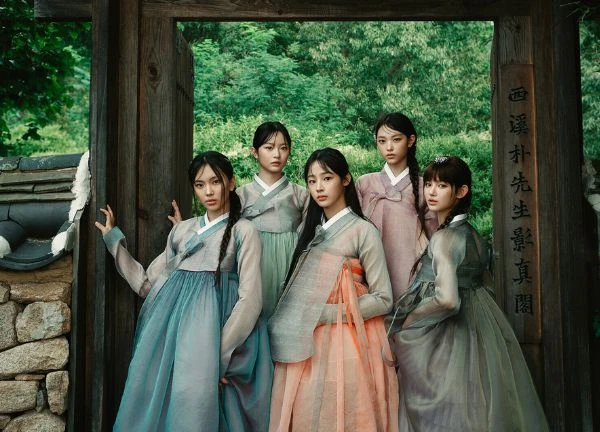
4 | 1 Discuss | Share

1 | 1 Discuss | Share
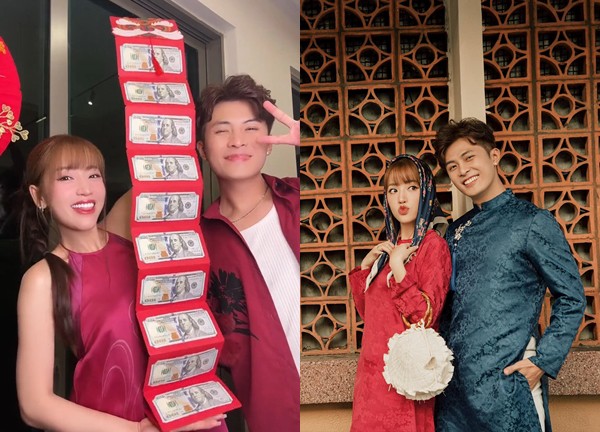
1 | 1 Discuss | Share

1 | 1 Discuss | Share

1 | 1 Discuss | Share

3 | 1 Discuss | Share

4 | 1 Discuss | Share
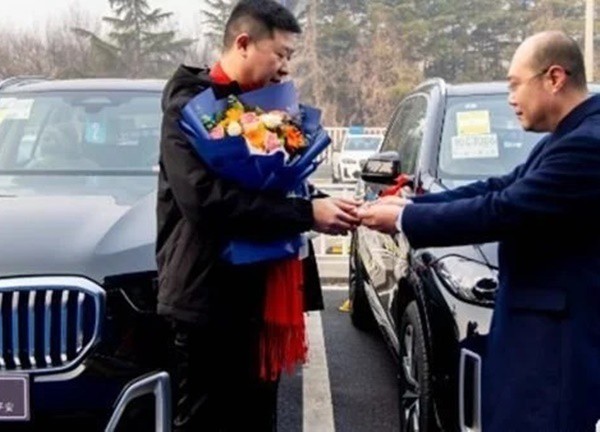
1 | 1 Discuss | Share
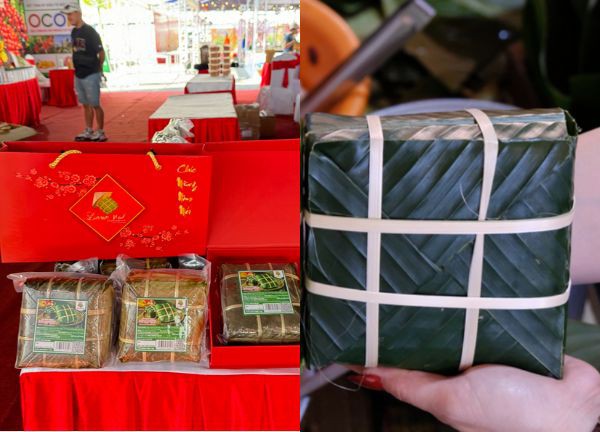
6 | 1 Discuss | Share
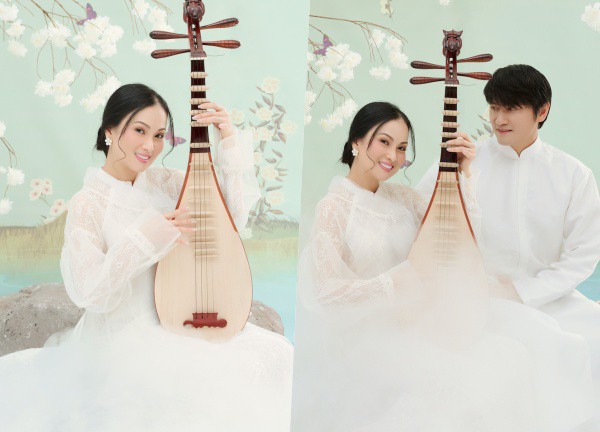
3 | 0 Discuss | Share


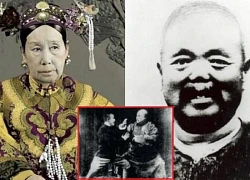
4 | 0 Discuss | Report